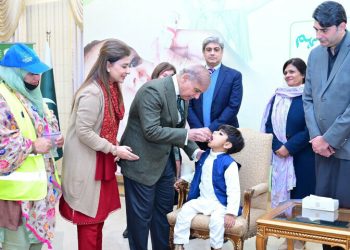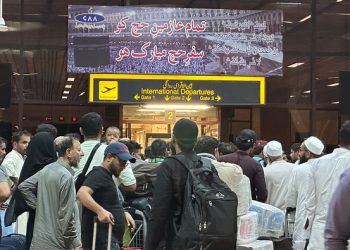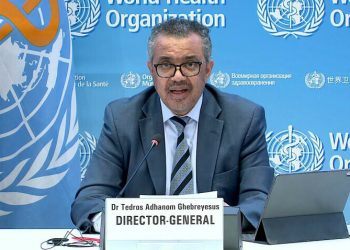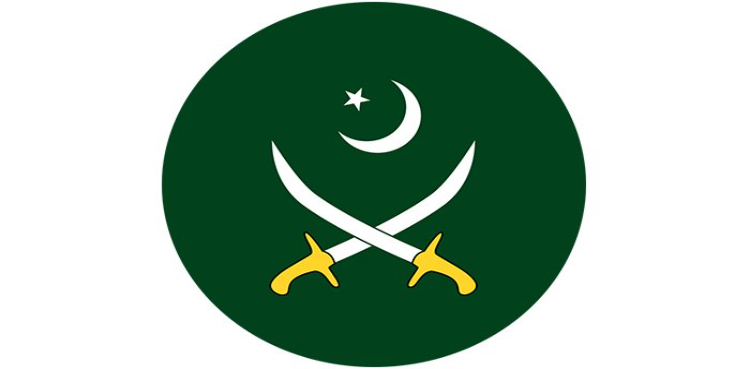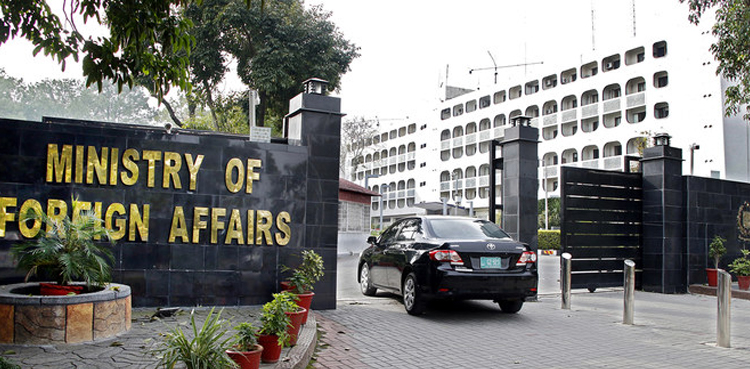When the Trump administration took over on January 20, Anne Linn was working as a senior community health adviser at the President’s Malaria Initiative (PMI) – a government initiative to combat malaria implemented by the United States Agency for International Development (USAID).
She spent two decades building a career that she felt was “incredibly important” and “fulfilling”, working closely with local health workers in 30 different sub-Saharan African countries.
Then in the span of a week, her career unravelled.
The first smoke signal came when Trump signed an executive order on day one of his presidency that paused new obligations for US foreign aid, meaning no new partners could be funded. Four days later, things quickly escalated for Linn and her colleagues.
The order came with a 90-day freeze on existing foreign development assistance to review whether or not the allocation of US aid is in line with Trump’s foreign policy.
In a heartbeat, all the work that Linn was doing came to a halt. Community healthcare workers she collaborated with in countries like Nigeria, Kenya and Cameroon stopped their activities. Pipelines moving life-saving malaria medication from manufacturers to hard-to-reach populations shut down.
The USAID website went dark, as did the PMI website. And then on January 28, along with another 390 colleagues, Linn lost her job.
“I have never been more stunned by anything in my life,” Linn recalled. “I don’t know how anyone could possibly justify that. The cruelty and the waste of it all,” she said, her voice trembling.
“My entire sector, everyone I’ve known professionally, just evaporated with the thoughtless stroke of a pen.”










































